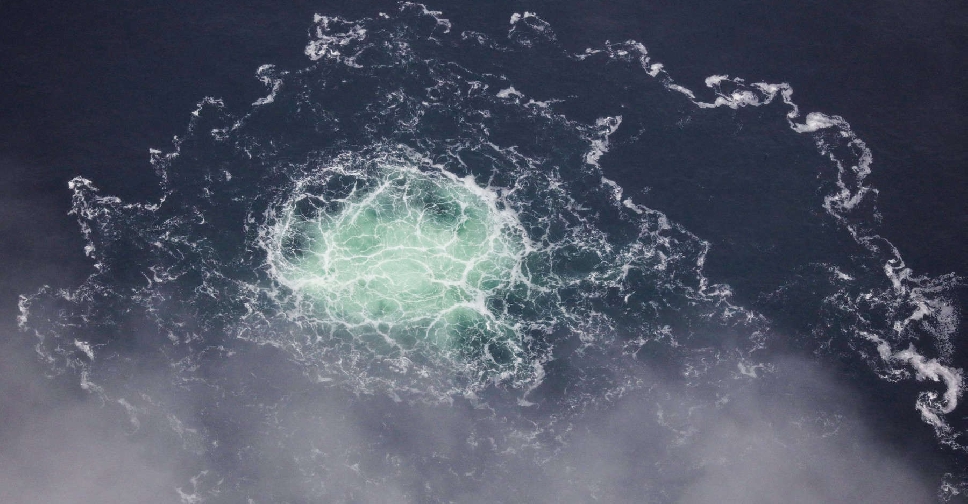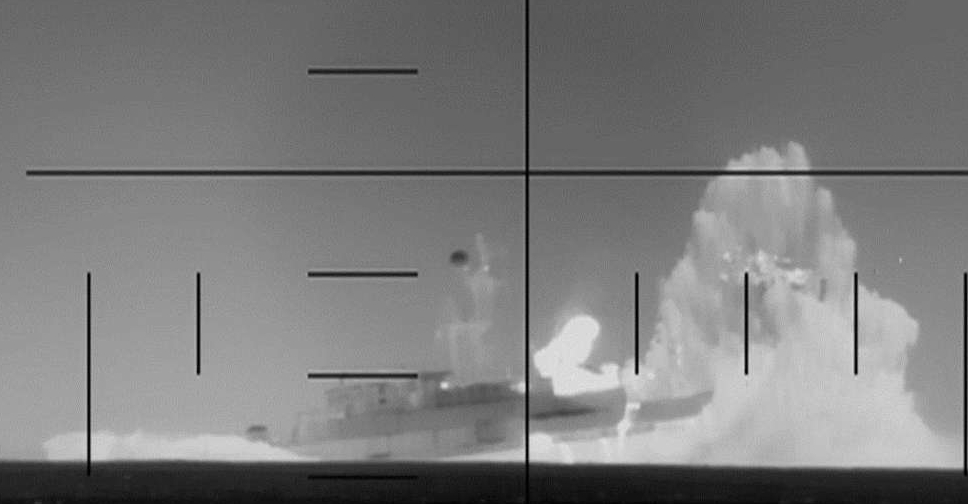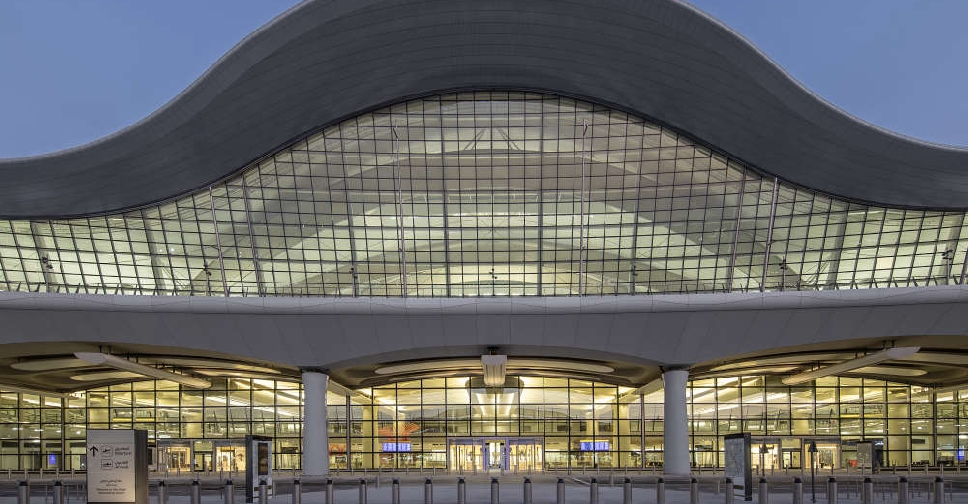
A Ukrainian man was arrested at a holiday bungalow in Italy on suspicion of coordinating attacks on three Nord Stream gas pipelines in 2022, officials said on Thursday, a breakthrough in an episode that sharpened tensions between Russia and the West.
Described by both Moscow and the West as an act of sabotage, the explosions largely severed Russian gas supplies to Europe, prompting a major escalation in the Ukraine conflict and squeezing energy supplies on the continent.
No one has taken responsibility for the blasts and Ukraine has denied any role.
The arrest comes just as Kyiv is engaged in fraught diplomatic discussions with the United States over how to end the war in Ukraine without giving away major concessions and swathes of its own territory to Russia.
"Politically we are firmly on Ukraine's side and will continue to be so," said Justice Minister Stefanie Hubig when asked if the arrest would affect Berlin's ties to Kyiv. "What is important for me is that Germany is a country of law, and crimes in our jurisdiction are fully investigated."
The suspect, identified only as Serhii K. under German privacy laws, was part of a group of people who planted devices on the pipelines near the Danish island of Bornholm in the Baltic Sea, a statement from the prosecutor's office said.
He and his accomplices had set off from Rostock on Germany's northeastern coast in a sailing yacht to carry out the attack, it said. The vessel had been rented from a German company with the help of forged identity documents via middlemen, it added.
Authorities acted on a European arrest warrant for the suspect, who faces charges of collusion to cause an explosion, anti-constitutional sabotage and destruction of important structures.
An official in the Ukrainian president's office said he could not comment as it was not clear who had been arrested. The official reiterated Ukraine's denial of any role in the blasts.
Successive Ukrainian governments have seen the pipelines as a symbol of, and vehicle for, Russia's hold over European energy supplies that Kyiv argued made it hard to act against Moscow ever since Russia's annexation of Crimea in 2014.
The Wall Street Journal reported that the suspect was a retired captain in Ukraine’s armed forces and previously served in Ukraine’s security service SBU, as well as in an elite unit that defended Kyiv in the early months of Russia's full-scale invasion in 2022.
The officer purportedly headed a team of two soldiers and four civilian divers covertly recruited by a special Ukrainian military unit to lay explosives that damaged the undersea pipelines, the WSJ said, citing investigators.
German prosecutors declined to comment on the WSJ report.
Carabinieri officers arrested the suspect overnight in San Clemente on Italy's Adriatic coast, where he was supposed to spend a few days with his family.
"Once his presence had been verified, the Carabinieri surrounded the bungalow and launched a raid, during which the man surrendered without resistance," a statement by the Carabinieri said, adding the suspect was 49 years old.
A police official told Reuters the suspect was arrested because, when providing documents at a hotel check-in, an alert flagging he was wanted popped up at the police headquarters, which dispatched a Carabinieri police patrol.
In September 2022, one of the two lines of the Nord Stream 2 pipeline was damaged by mysterious blasts, along with both lines of Nord Stream 1 that carried Russian gas to Europe.
Moscow, without providing evidence, blamed Western sabotage for the blasts, which cut off most Russian gas supplies to the lucrative European market. The US denied having anything to do with the attacks.
The Washington Post and Germany's Der Spiegel magazine have previously said the team that carried out the attack was put together by a former Ukrainian intelligence officer, who denied involvement.
In January 2023, Germany raided a ship that it said may have been used to transport explosives and told the United Nations it believed trained divers could have attached devices to the pipelines at about 70 to 80 metres deep.
The boat, leased in Germany via a Poland-registered company, contained traces of octogen, the same explosive that was found at the underwater blast sites, according to the investigations by Germany, Denmark and Sweden.
Russia's full-scale invasion of Ukraine in February 2022 triggered Europe's deadliest conflict in 80 years, in which analysts say more than 1 million people have been killed or injured.



 Azerbaijan accuses Iran of firing two drones at its territory, injuring two
Azerbaijan accuses Iran of firing two drones at its territory, injuring two
 72 killed in Israeli attacks on Lebanon as it warns residents to leave south
72 killed in Israeli attacks on Lebanon as it warns residents to leave south
 Nepal goes to the polls; voters seek change after youth-led protests
Nepal goes to the polls; voters seek change after youth-led protests
 Landslide kills over 200 people at Congo's Rubaya mine
Landslide kills over 200 people at Congo's Rubaya mine
 80 people killed after US sinks Iranian warship
80 people killed after US sinks Iranian warship



